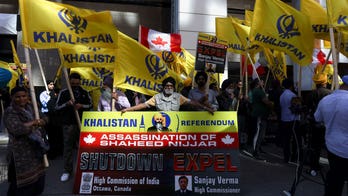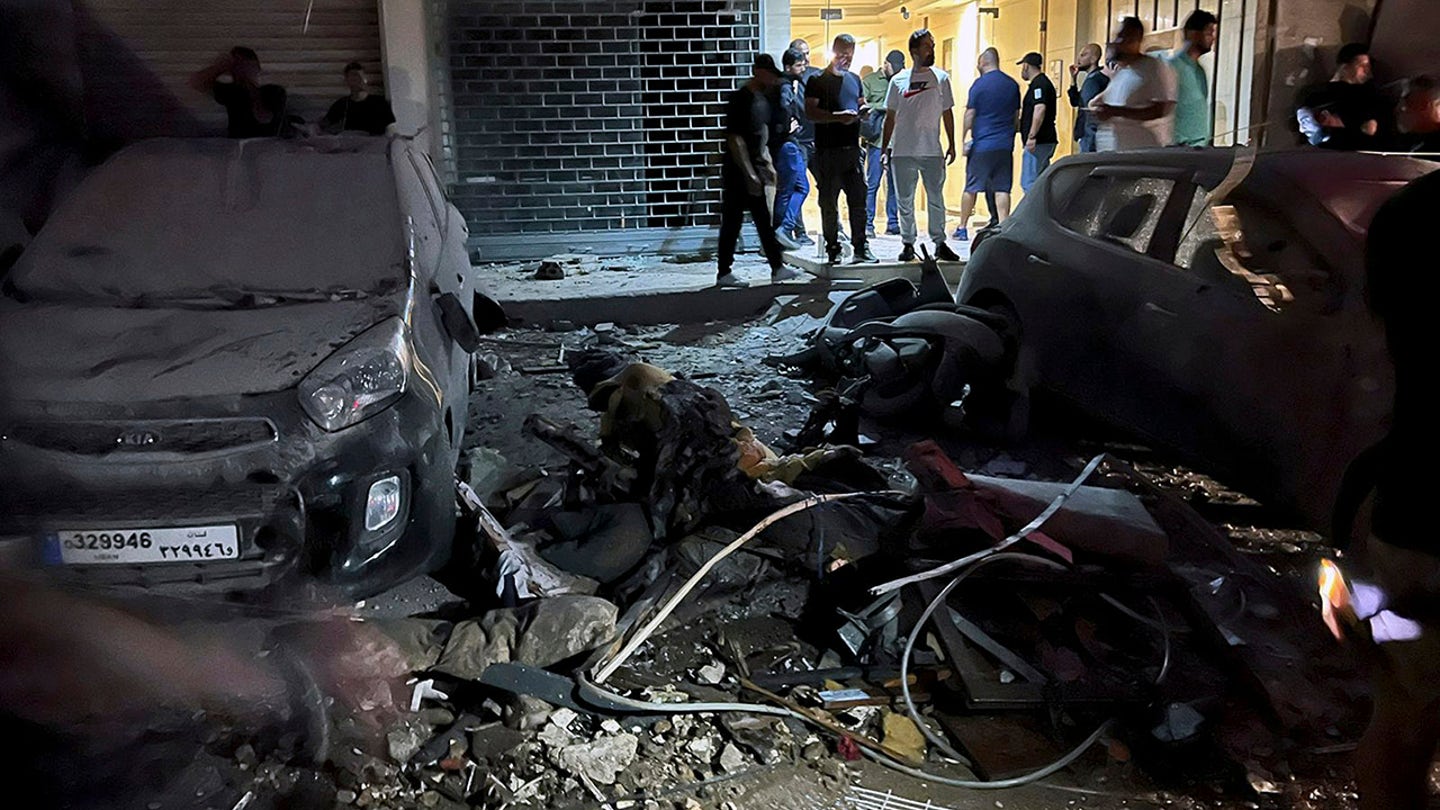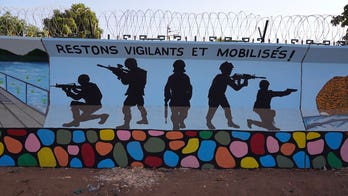The United Nations General Assembly has approved a resolution establishing an annual day to commemorate the 1995 genocide of Bosnian Muslims by Bosnian Serbs, drawing strong opposition from Serbs who fear it will stigmatize them as "genocidal" supporters. The vote reflects concerns among many countries about the impact of the resolution on reconciliation efforts in deeply divided Bosnia.

On Thursday, the 193-member United Nations General Assembly voted 84-19, with 68 abstentions, to approve a resolution establishing an annual day to commemorate the 1995 genocide in Srebrenica. The resolution, sponsored by Germany and Rwanda, designates July 11 as the "International Day of Reflection and Commemoration of the 1995 Genocide in Srebrenica," to be observed annually starting in two months.

The resolution does not explicitly name Serbs as the perpetrators of the genocide, but it does state that the killings were committed by "Bosnian Serb forces." This has prompted intense lobbying by Bosnian Serb President Milorad Dodik and Serbian President Aleksandar Vucic, who have argued that the resolution will brand all Serbs as "genocidal."
On July 11, 1995, Bosnian Serb forces overran the UN-protected safe area in Srebrenica and separated at least 8,000 Muslim Bosniak men and boys from their families before slaughtering them. Those who tried to escape were pursued through the surrounding woods and mountains.
The Srebrenica killings were the culmination of Bosnia's 1992-95 war, which erupted after the breakup of Yugoslavia unleashed nationalist passions and territorial ambitions. Bosnian Serbs fought against the country's two other main ethnic groups, Croats and Muslim Bosniaks.
Both Serbia and Bosnian Serbs have denied that genocide took place in Srebrenica, despite the fact that it has been established by two UN courts. Dodik has threatened to have the Serb-controlled territories secede from Bosnia and join with neighboring Serbia if the resolution is passed.
The final draft of the resolution included a statement reiterating the General Assembly's "unwavering commitment to maintaining stability and fostering unity in diversity in Bosnia and Herzegovina." It also included a reference to the International Court of Justice's 2007 determination that the acts committed in Srebrenica constituted genocide.
Menachem Rosensaft, the son of Holocaust survivors, praised the resolution as a "moral and legal imperative." He noted that the slain Muslim Bosniaks deserved to have their deaths commemorated, and that Srebrenica was supposed to be a safe area but was ultimately abandoned by Dutch UN peacekeepers.
Richard Gowan, UN director of the International Crisis Group, called the timing of the vote "unfortunate," given allegations that Israel is pursuing genocide in Gaza. He predicted that the vote would lead to more "political theater" and that Russia and China would question why the US and European governments were focusing on a massacre in the 1990s rather than killings in Gaza today.










